Answers to your Questions
Here's some additional information about Alaska-style elections.
Looking for more? Check out elections.alaska.gov or email [email protected].
Starting in 2022, all Alaska statewide elections will use the same, two-part system:
- Open Primary: Also known as a nonpartisan primary, in an Open, Pick 1 Primary all candidates are on the same ballot and every voter gets the same ballot, regardless of party affiliation. The top four vote-getters will advance to the general election. Learn more about Open Primaries here.
- Ranked Choice Voting General Election: Voters choose their favorite candidate as their 1st choice, then rank the rest in order of their preference. Learn more about Ranked Choice Voting here.
Yes, transparency in elections is constitutional. While the U.S. Supreme Court’s decision in Citizens United struck down limits on corporate spending, it upheld the law requiring corporations to disclose their spending. Multiple states also require the disclosure of the major financial backers to organizations making campaign donations. Alaska law now ensures voters have the information they need to make informed decisions by imposing stricter disclosure requirements on campaign spending.
The U.S. Supreme Court has ruled definitively on the constitutionality of the open, pick-1 primary.
In Washington State Republican Party v. Washington State Grange, the highest court in the land found that an open primary system did not violate the political parties’ First Amendment right of association. Because the purpose of the primary is a public election to determine the front runners— and not to choose party nominees— the Supreme Court found no First Amendment violation of association.
Writing for the majority in the 7-2 decision, Supreme Court Justice Clarence Thomas emphasized the right of the State and its voters to determine what electoral system they wanted to implement. Justice Thomas wrote that whether parties nominate their own candidates outside the state-run primary is simply irrelevant. He also rejected the argument that an open primary would confuse voters as to who the parties’ nominees were, noting that there was no evidence to support the claim and expressed doubt that an informed electorate could so easily be misled.
We too believe our fellow Alaskans are not so easily misled and possess the intelligence to choose the candidate they prefer, regardless of party affiliation.
Our open, nonpartisan primary has all candidates appear on a single ballot. Candidates can choose to list their political affiliation next on the ballot or identify as “undeclared” or “nonpartisan.”
In a state where more than 60 percent of voters choose not to join the two major parties, encouraging more independent-minded candidates to participate will result in leadership that better reflects all Alaskans.
Further Reading:
Alaska-style elections would apply to state legislative, gubernatorial, and statewide congressional races starting in 2022. Ranked Choice Voting will also be used for President in the General Election in Alaska.

